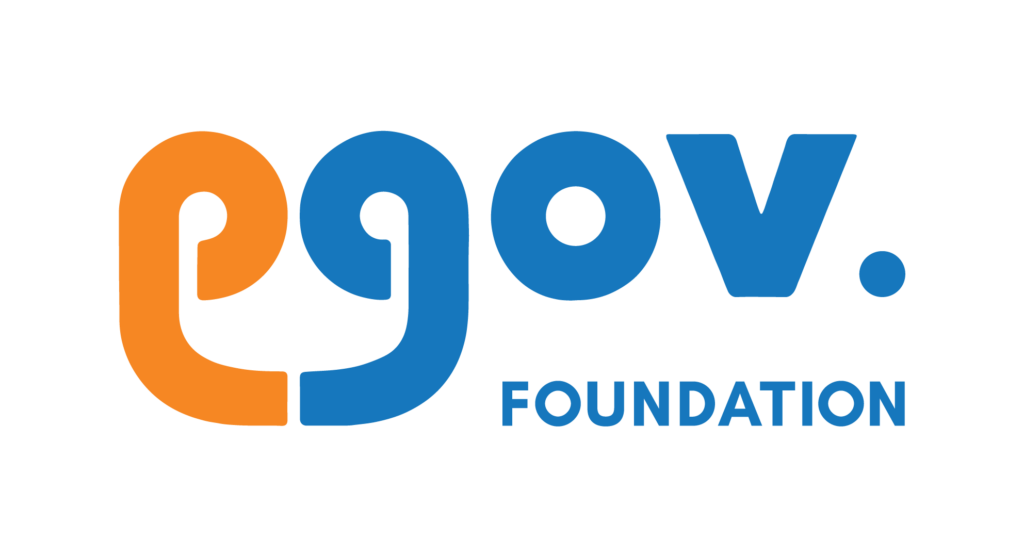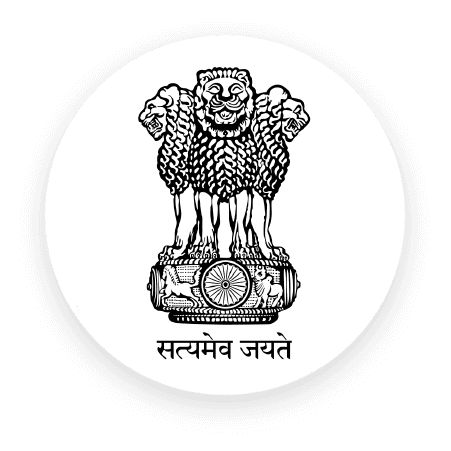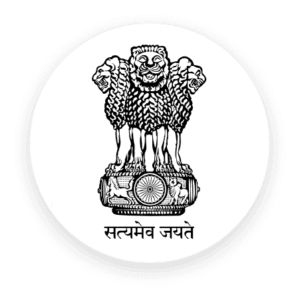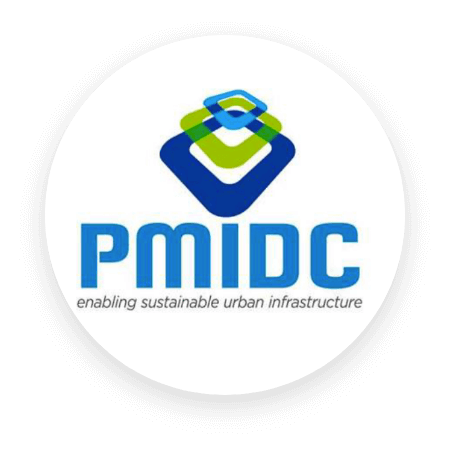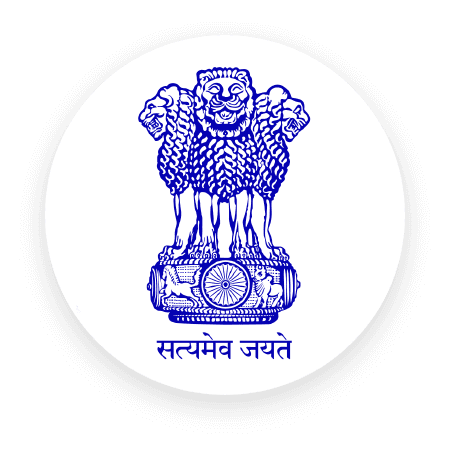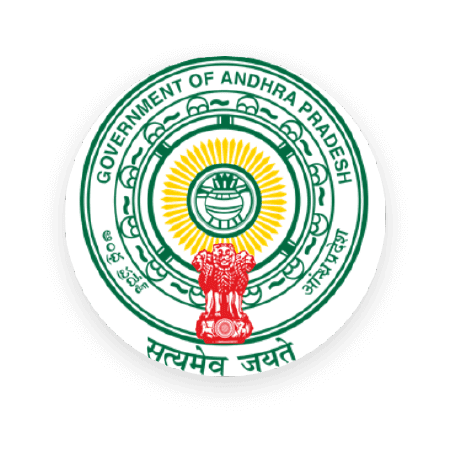Whitepaper
Harnessing Digital Public Goods and Infrastructure to Achieve the SDGs
The UNDP states “we know that improvements in governance, including its transparency, inclusiveness and effectiveness are important in themselves and as foundations upon which to structure and implement policies to accelerate progress towards the goals and their targets.[1]” Foreign aid support to government revenues in developing countries, and therefore to their spending on education, health, and infrastructure, will most likely decline if economic growth continues to exceed that of donor countries. Total government revenues of low income countries are only about 22% of GDP – raising those revenues and capacity for expenditure requires increasingly strong and capable governance.
[1] Hughes, B.B., Hanna, T., McNeil, K., Bohl, D.K., & Moyer, J.D. (2021). Pursuing the Sustainable Development Goals in a World Reshaped by COVID-19. Denver, CO and New York, NY: Frederick S. Pardee Center for International Futures and United Nations Development Programme

Our research shows that equilibria between governance efficiency and information privacy are not a zero-sum game, as shown in the figure above. By calibrating their existing practices around data collection, data use and data disclosure using the GEI and IPI constructs, city managers can achieve a high level of efficiency while ensuring the privacy of citizens’ information is not compromised in a harmful manner. E.g., city managers can implement simple rules preventing citizens’ financial information and their properties from being accessed by non-revenue functionaries. These entities may not have a direct need for the information to perform their function without reducing the overall quality of service delivery to citizens.
Moreover, by reengineering processes and policies, it might be possible for the city manager to shift the set of possible equilibria towards further improving both governance efficiency as well as information privacy simultaneously. The GEI and IPI constructs are designed to scale from an individual form or service, to city departments and the city at large, thus enabling more targeted policies. We believe the GEI and IPI constructs could act as significant tools in helping city managers make decisions on the collection, usage, and disclosure of data within their jurisdictions in a structured manner. We hope the GEI and IPI constructs will act as crucial building blocks for cities to effectively unlock data economies without compromising citizen privacy by identifying which data and data aggregates can be released safely to spur data-driven innovation.
About Authors
Gautham Ravichander leads eGov’s policy initiatives with the Government of India and partner states. He started his career at Janaagraha where he led the Ward Infrastructure Index Program and was a founding team member of The Education Alliance. Gautham has a MIB degree from Fletcher where his studies focused on social enterprises and leveraging business models to reach underserved populations. At Fletcher, Gautham organized and co-chaired the first
Tufts Innovation Symposium on Scaling Innovation in Emerging Markets.
